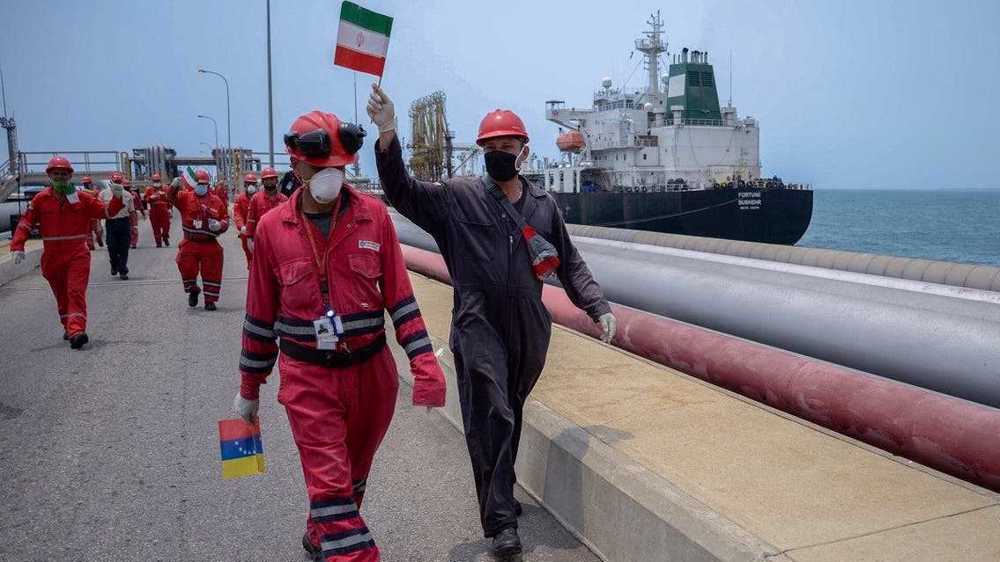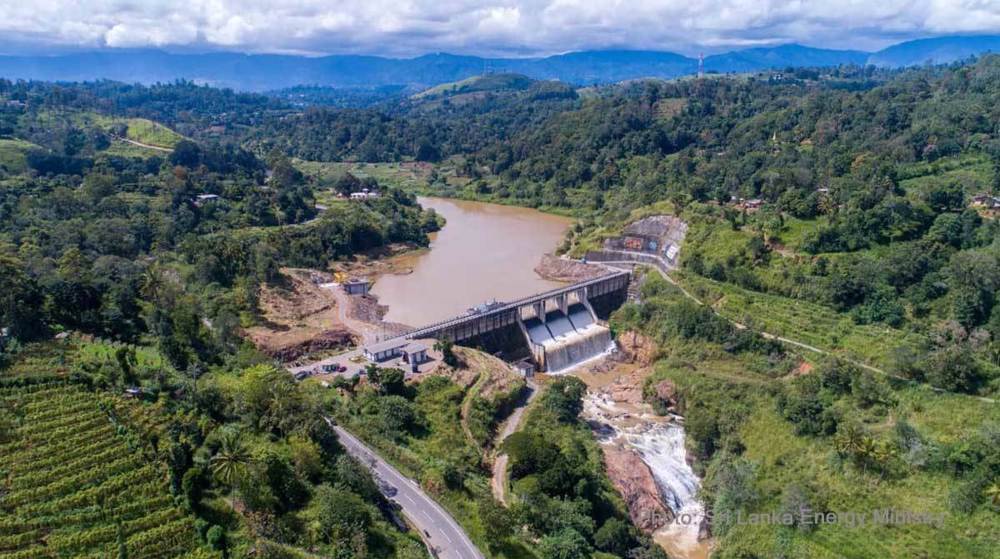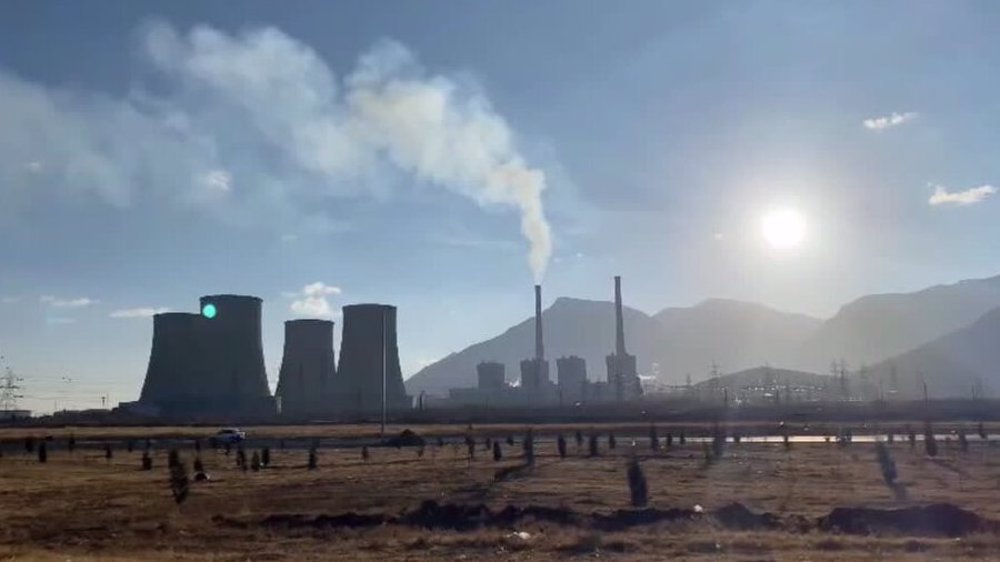Iran’s strategic coup in entering overseas refining business
Foreign activities emphasized by Leader of the Islamic Revolution Ayatollah Seyyed Ali Khamenei are an important priority of the Ministry of Petroleum which has assigned the National Iranian Oil Products Refining and Distribution Company (NIORDC) to carry out the task.
As part of the plan, a raft of contracts has been signed with a number of countries such as Venezuela for the export of technical and engineering services including more than 2 million pieces of goods produced by the country’s knowledge-based companies.
Both Iran and Venezuela have been slapped with sanctions by the US, which has prompted the Islamic Republic to find innovative solutions by using the capabilities of its legion of specialists.
Overseas refining ventures and recently initiated petrochemical businesses have seen Iran send its oil and natural gas to the world market and neutralize oppressive sanctions.
Investing in refinery and petrochemical assets overseas is an efficient way to leverage the country’s expertise and expand globally. It is an added value both in terms of selling processed products instead of crude oil and exporting technical and engineering services.
Knowledge-based companies are a significant part of the program, providing technical and engineering services used in the construction and renovation of refining facilities.
A unit of NIORDC signed a 110-million-euro contract with Venezuela’s state oil firm PDVSA in May to repair 146,000-bpd El Palito refinery in the center of the country in 2022. The process is now in the final stages, and all the equipment needed for the unit has been provided with internal manufacturing and shipped to the South American country.
More than 2 million items have been exported for the reconstruction of the refinery in shipments of 35, 80 and 250 tonnes, ranging from small parts such as bolts and nuts to large and strategic parts such as catalysts.
The facility is currently operating with 60,000 barrels per day of capacity, which will reach 100,000 bpd in the first phase before rising to the ultimate capacity of 140,000 bpd.
NIORDC has also signed a 460-million-euro contract to revamp the 955,000-bpd Paraguana refinery complex on the coast of western Venezuela. The revamp project allows NIORDC to hire contractors and outsource work to repair five of the complex's nine distillation units, which do the primary refining of crude oil.
Iran is also in charge of parts procurement, installation and inspection before handling the refinery's operations back to PDVSA. The distillation unit overhaul combines Iranian parts and equipment in refineries originally built with US technology.
The next project on NIORDC’s agenda is the renovation of Syria’s Homs refinery to be carried out by the Abadan Oil Refining Company. An Iranian team has already visited the facility which is currently operating with a daily production capacity of 40,000 barrels of crude oil. Technical studies for its reconstruction have already been completed by the Iranian side which will raise its production to 120,000 bpd.
NIORDC has also carried out studies for the reconstruction of the Sapugaskanda Refinery, the single largest oil refining facility of Sri Lanka. In April, Iran brought online a mega multi-purpose project in the Southeast Asian nation, including two dams, a 28-km water transmission tunnels and a 120-MW underground power plant.
Iran started from absolute scratch for exporting technical and engineering services, which required providing goods and equipment based on international standards. That’s a gargantuan task.
Given the world’s growing need for petroleum products, Iran's inroads into overseas refining and petrochemical business mark a big stride in creating sustainable oil export and revenue streams in the face of sanctions.
Experts say next on Iran’s radar should be the African continent where there is a refining capacity of 3.5 million barrels per day, half of which is out of service due to lack of repair.
Iran's entry into the overseas refining business represents a strategic step in neutralizing sanctions and expanding its mark on the global oil market. It guarantees a steady demand for its crude oil supply and creates a reliable outlet for its exports.
The practice is set to make Iran a key player in the global oil market and allow the country to transform its business landscape through its role in shaping future trade policies and consolidating its position in the international arena.
Sixth Palestinian baby dies of hypothermia as cold grips Gaza
Iran's president urges peace and security in region, Muslim world
VIDEO | Tehran hosts poetry congress honoring martyr Soleimani, Resistance
Iran’s strategic path amid sanctions: Sovereignty, resistance, and role of China
Propaganda in action: Qatari media at the service of HTS regime in Syria
VIDEO | Press TV's news headlines
Israeli forces abduct Gaza hospital’s patients, personnel: Health ministry
WHO calls for end to Israeli attacks on Gaza hospitals











 This makes it easy to access the Press TV website
This makes it easy to access the Press TV website